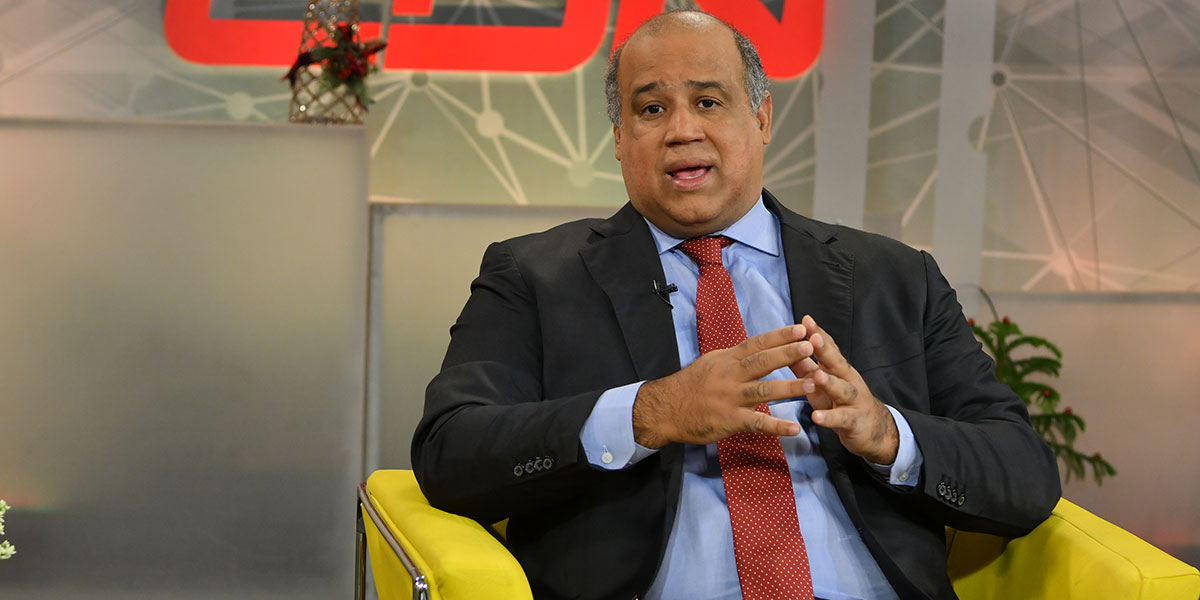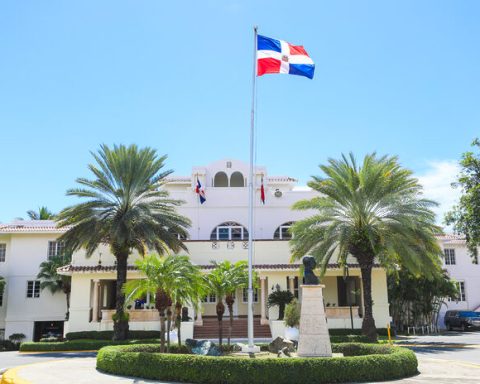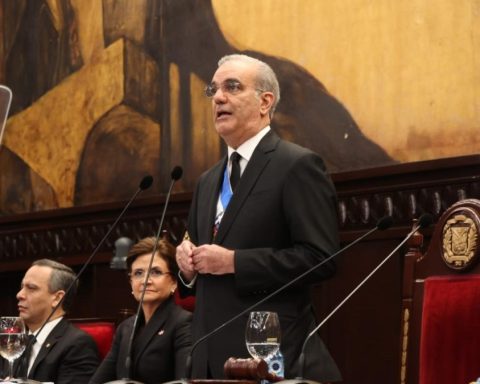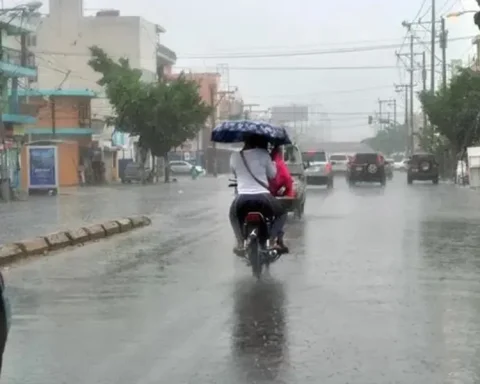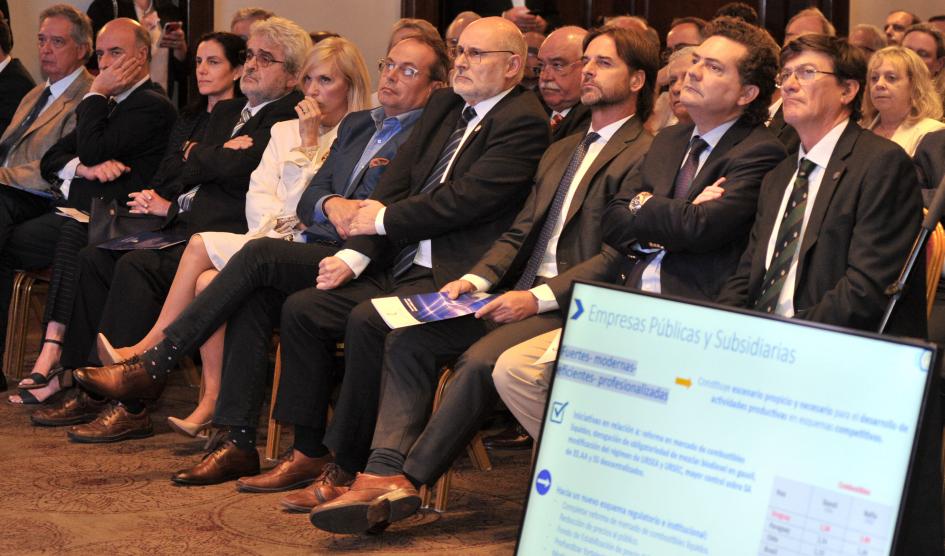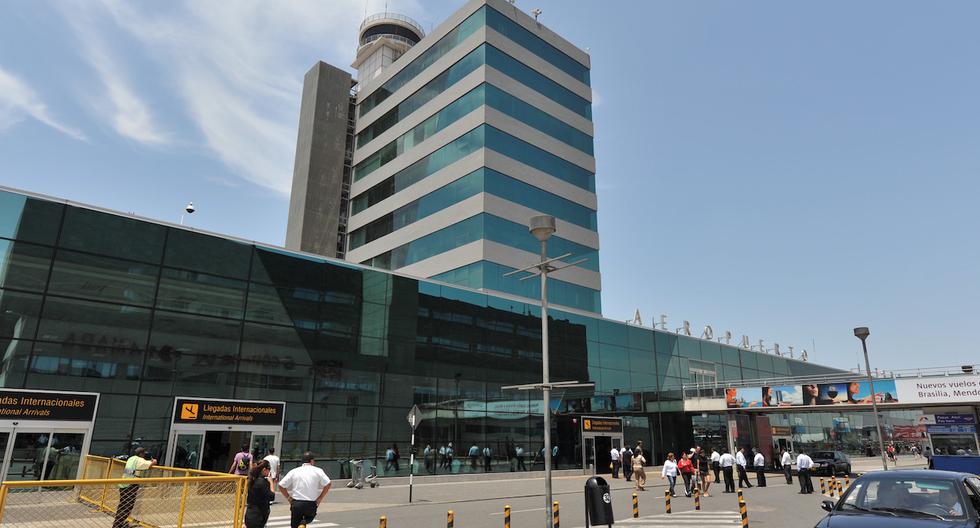The criminal lawyer Miguel Valerio affirmed yesterday that the Pulpo case, in which Alexis Medina is implicated, showed that the criminal process is much more agile when the court varies the preventive detention so that the trial is carried out with the defendant free.
“In other words, practically in one or two weeks the final conclusions will be presented, the aftershocks will come and it’s over,” argued Valerio. Likewise, he maintained that when preventive detention exceeds 18 months, in cases declared complex, in principle, pure and simple freedom should be granted.
However, he explained that there are two schools of thought with conflicting positions, regarding whether the release due to the cessation of preventive detention should be pure and simple, or whether the court can apply or combine other measures of coercion prescribed in article 226 of the Criminal Procedure Code.
“There is a gap in the law, because it says preventive detention ceases, but it does not expressly say that it is released pure and simple. There are judges who interpret in one sense, saying that they will not grant pure and simple freedom, but will exchange it for another that binds him to the process, and there are other judges who say that preventive detention has ceased, and therefore, grant the pure and simple freedom”, he stated when interviewed on the Despierta program with CDN.
He pointed out that this problem has not reached the Supreme Court of Justice (SCJ), because the party to whom the variation of the measure is granted does not decide to appeal. However, he considered that this will be a subject of constitutional debate and interpretation of the law.
On the other hand, the lawyer considered that there is an exacerbated thirst in corruption cases, because it was a political campaign issue.
